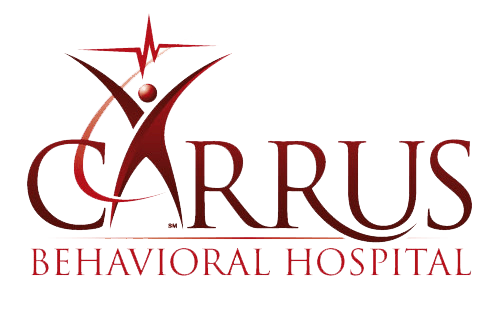
Grief and loss are part of life. Both are difficult, especially when dealt with individually. While grieving over a loss can be challenging, you can navigate the journey in a healthy way, allowing you to adapt to a new reality.
Grief and loss that relates to a sudden death of a loved one, or passing from a long illness, and other traumatic events can be a shared family experience. As a family, it is an opportunity to support one another and process the trauma together.
In this article, we will explore the features and processes of family therapy that focus on helping a grieving family, or grief therapy.
When Might You Need Family Therapy for Grief and Loss?
Those who can benefit from grief therapy as a family may have experienced the following:
- Death of a Loved One – The loss of a family member, such as a spouse, parent, child, sibling, or grandparent, can deeply impact every member of the family.
- Miscarriage or Stillbirth – Families who have experienced the loss of a pregnancy or the death of a baby may require grief therapy to process their emotions.
- Divorce or Separation – Although not involving a physical loss, the end of a marriage or long-term relationship can result in significant grief for both individuals and any children involved.
- Traumatic Events – Families who have gone through traumatic events, such as accidents, natural disasters, or acts of violence, may benefit from grief therapy.
- Terminal Illness – When a family member is diagnosed with a terminal illness, grief can begin even before the actual loss occurs.
- Chronic Illness or Disability – Families dealing with chronic illness or disability in a family member may experience grief related to changes in roles and expectations.
The Benefits and Features of Family Therapy for Grief and Loss
A mental health professional can facilitate grief therapy for families who have experienced loss and are experiencing extreme levels of distress or complicated grief-related reactions.
The features of family therapy for grief counseling have the following features:
#1 A Safe and Supportive Environment
One of the primary features of family therapy for grief and loss is creating a safe and supportive environment for everyone. It is a space where each family member can feel heard and validated in their emotions.
#2 Help with a Healthy Processing of Grief
The mental health professional can also help with the stages of mourning and help each family member with healthy ways to deal with it, such as:
● Accepting the reality of loss
Acknowledging and coming to terms with the fact that the loss has occurred. It requires facing reality and allowing yourself to experience the associated emotions that come with loss.
● Processing the pain of grief
Grief can be a highly painful and challenging experience. This task entails actively working through the emotions one may feel as they grief.
● Adjusting to a new reality
After a loss, individuals must adapt to a new reality in which the deceased is no longer present. This involves making adjustments in their daily life and finding healthy ways to navigate.
● Maintaining a lasting connection
While moving forward, it is important to establish a meaningful and enduring connection with the deceased. This task allows individuals to cherish memories and honor their loved one’s legacy.
#3 Assistance with Thought Restructuring
A family therapist can assist each member of the family in identifying and challenging unhelpful or negative thoughts related to their grief. This can involve reframing cognitive distortions and replacing self-blame or guilt with self-compassion. This type of adaptive and realistic thinking can be very helpful throughout the grief process.
#4 Promoting Effective Communication
Grief can often strain communication within families, which can result in conflict. Family therapy focuses on improving communication patterns between family members. Family therapists teach active listening skills and encourage a healthy expression of feelings and needs, which are important in supporting one another during this time. Through this process, families learn how to lean on one another for support.
#5 Developing Coping Strategies and Resilience
Family therapy equips family members with healthy coping strategies and builds resilience. Maladaptive ways to handle grief can lead to mental health struggles in the future. Therefore, mental health professionals provide tools and techniques for each family member, which may include:
- Stress management techniques
- Self-care practices
- Exercising grief rituals such as participating in memorial events
- Helping find new meaning after a loss
- Helping individuals find support systems within and outside the family
Family Therapy in Sherman, Texas
For comprehensive mental health support duringa difficult period in your life, consult with our compassionate and experienced mental health professionals at Carrus Behavioral Health Hospital. We have helped many families overcome their emotional and mental difficulties through high-quality family therapy services. Our family therapists can help you find a way forward as a family and together come out stronger and more resilient.
For any questions or to schedule an appointment with one of our qualified family grief therapists, call our office today at (903) 870-1222. Our friendly staff look forward to your call.

